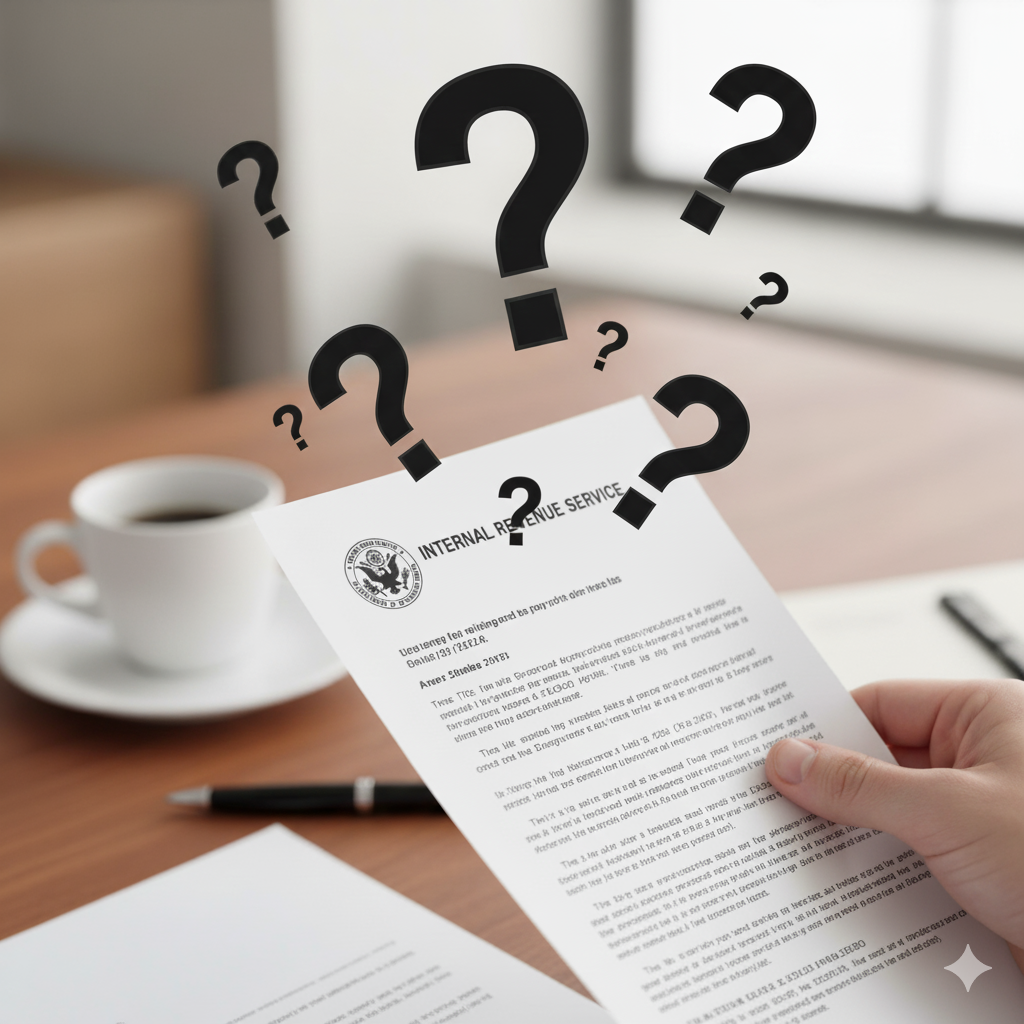San Mateo, CA: The IRS initially sends taxpayers their unpaid "tax bills" on a Notice called a CP14.
What’s Happening with IRS CP14 Notices?
Recently, some taxpayers have been surprised to receive CP14 notices from the IRS. These notices indicate a balance due, despite the taxpayers having made their payments when filing their 2023 tax returns.
If you paid your 2023 tax return balance using electronic methods or by check, this billing situation can arise generally because of two main reasons:
- Premature Notice Issuance : The IRS might have issued the CP14 notice before your payment was fully processed.
- Processing Errors : Your payment might have been processed but encountered errors, which require additional handling before your tax account can be updated.
I paid my taxes but still got the CP14--Now what?
The IRS has told taxpayers who have received a CP14 notice but believe they have paid their taxes in full and on time to sit tight for now. The IRS is looking into the cause of the delayed payment postings. If you paid on time, do not worry about penalties and interest--those will be automatically adjusted once the proper processing date is established.
The IRS acknowledges the inconvenience this processing delay has caused and extends its apologies to the affected taxpayers. The agency is working to resolve these discrepancies and ensure all payments are correctly applied.
Conclusion
If you received a CP14 notice despite having paid your 2023 taxes in full, keep documentation of that payment--whether it be a cancelled check from your bank or a confirmation number from your electronic/online payment in a safe place. It may be needed later. For now, the IRS says they are processing as quickly as possible and most of the issues should be resolved soon.
If the situation is not resolving or if you get further letters threatening a lien or levy action, it is time to contact a tax professional who is familiar with the IRS collection process to represent your interests.
650.933.5222
Disclaimer: The information provided is intended to provide a general overview of the topic presented. It is not intended to be a legal interpretation of your individual tax or legal situation. If there is a conflict between the information provided and any legal authority implementing or interpreting the topic, the legal authority shall prevail. Always seek legal advice from a licensed attorney. This article does not in any way establish an attorney-client relationship. That relationship can only be accomplished with both parties signing a mutual, written agreement.

